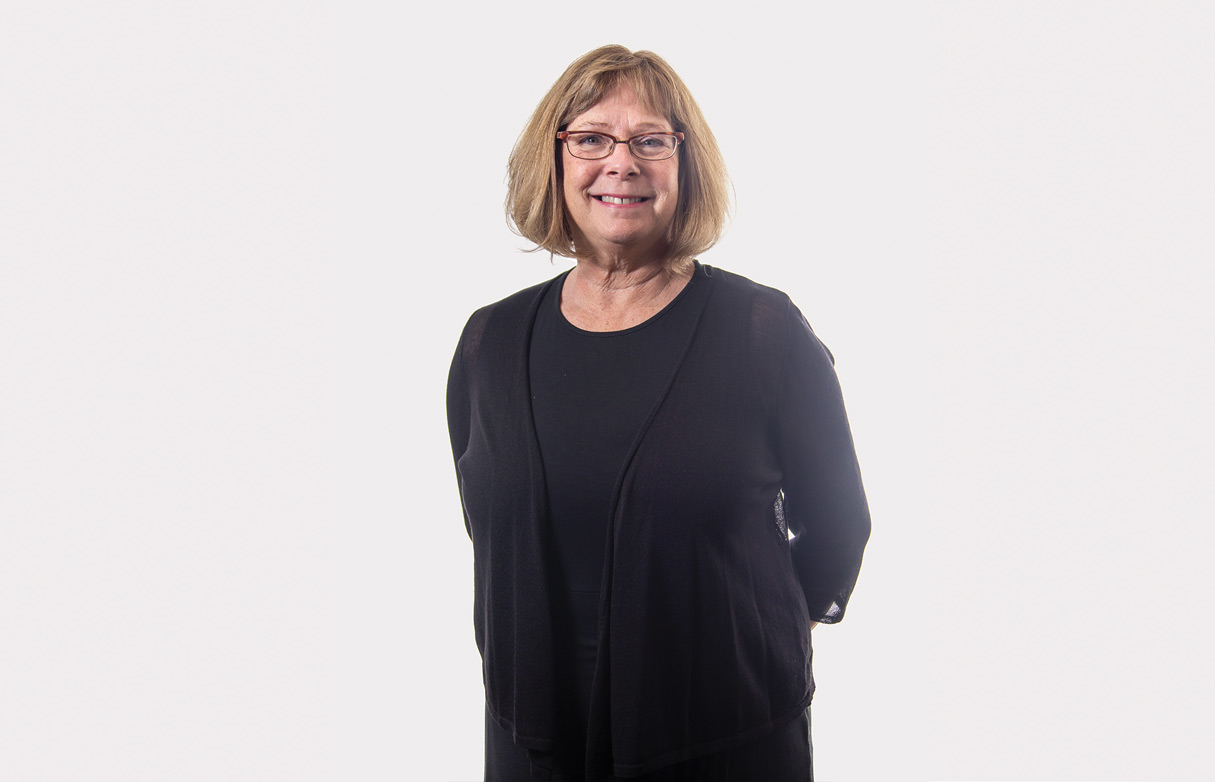
Jann Leppien
Margo Long Endowed Chair in Gifted Education | Professor, Graduate School of Education
Years of Service: 8
What brought you to Whitworth, and what kept you here?
For the last 35 years of my career, I have centered my work, research and writing in the field of gifted education and the development of talent in youth. I was thrilled to have the opportunity to come to Whitworth and to help the university continue moving toward its goal of becoming a top professional training center for educators in the field of gifted education. I was also grateful to be selected as the first holder of the Margo Long Endowed Chair in Gifted Education.
The focus of the Center for Gifted Education is on developing policies and practices that encourage and respond to the diverse expressions of gifts and talents in children and youth from all cultural, racial and ethnic backgrounds and socioeconomic groups; our work at the center became critically important as we collaborated with school districts and the Washington State Office of Public Instruction for Highly Capable Students in eliminating barriers that prevent and limit underserved students’ participation in gifted education programs.
What is one unexpected thing a student has taught you?
There are many unexpectant pleasures in working with both undergraduate and graduate students for as many years as I have. When graduate students begin to select their future fields of study to continue their education, I marvel at the talent that I see in them, that at times they do not see in themselves. I am reminded of the importance of unlocking human potential and walking beside our students to open doors and provide alternative pathways for them to move into leadership roles based on their desired goals and outcomes.
How have you changed since coming to Whitworth?
I am deeply appreciative for being able to work alongside the faculty and staff at Whitworth who value providing students with an "education of mind and heart" through rigorous and open intellectual inquiry. What I have loved about Whitworth is its ability to evolve and change yet maintain its commitment to the mission. I have watched programs grow, and faculty and staff reach over the edge of stability to embrace new initiatives that will bring Whitworth great success in serving its students well.
What parting advice would you offer current students and lifelong learners alike?
Every day is an opportunity for growth, change and discovery, particularly when you enjoy what you are doing! There is great joy in being able to figure out what your passion is, and then do what it takes to incorporate it into your life by connecting with others who share similar interests and dreams. Passion fuels learning more than anything and once you identify it, you can seek out opportunities, take beautiful risks, and work toward advocating for what you care about seeing in the world. Lifelong learning is the platform on which we hopefully will all stand as we seek out opportunities and assume an ongoing commitment to personal and professional improvement.
What is one Whitworth experience, value or memory that you'll carry with you into retirement?
In 2016, Whitworth’s Center for Gifted Education welcomed Temple Grandin, world-renowned animal behaviorist and autism spokesperson, to campus and to the Spokane community for a series of lectures. This institute highlighted the role that educators can take to encourage learners who are cognitively advanced with strategies and practices that address the range of needs for these students. She also shared her personal stories and insights into focusing on the strengths of students as she provided a public lecture on "Helping Different Kinds of Minds to be Successful."
In her final presentation, she drew from her years of research and her own experience with autism to provide insights into how animals think, act and feel. Her life’s work has been to understand her own autistic mind and to share that knowledge with others, and it was an honor to be able to host her in our community.
What do you look forward to in retirement?
Time. I look forward to working on special projects that for so many years I have pushed to the side, somewhat like what a friend and colleague of mine refers to as "work left undone." Some of this deals with research ideas that I would like to pursue, as well as support I would like to provide to school districts as they look to improve how they support the strengths of young people in their schools. I am also looking forward to the time I can spend with my husband as well as family members who live in Montana.